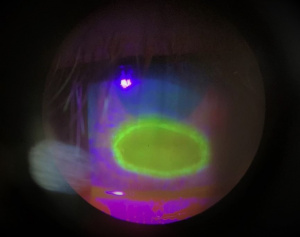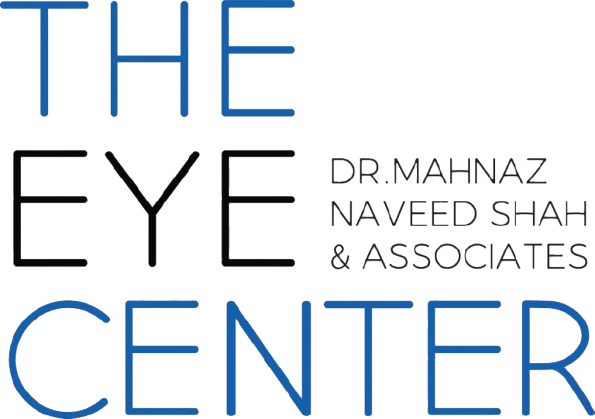Neurotrophic keratopathy is a rare eye condition that is caused by damage to the trigeminal nerve, which is responsible for providing sensation to the cornea. This damage can lead to a decrease in corneal sensitivity and an impaired ability of the cornea to heal itself, resulting in a range of symptoms including pain, redness, and vision loss.
The symptoms of neurotrophic keratopathy can vary depending on the severity of the condition. Common symptoms include eye pain, redness of the eye, sensitivity to light, blurred or distorted vision, excessive tearing, feeling of a foreign body or debris in the eye and reduced corneal sensitivity.
Neurotrophic keratopathy is caused by damage to the trigeminal nerve, which can result from a variety of factors including
Diabetes – Diabetes is one of the most common causes of neurotrophic keratopathy. The high blood sugar levels associated with diabetes can damage the nerves that provide sensation to the cornea.
Herpes Zoster – Herpes zoster, also known as shingles, can damage the trigeminal nerve and lead to neurotrophic keratopathy.
Trauma – Trauma to the eye or face can damage the trigeminal nerve and lead to neurotrophic keratopathy
Surgery – Eye surgery, particularly corneal transplant surgery, can damage the trigeminal nerve and lead to neurotrophic keratopathy.
The treatment of neurotrophic keratopathy depends on the severity of the condition. Mild cases can often be treated with simple lifestyle changes, while more severe cases may require medical intervention. Here are some of the treatment options available:
Eyelid Hygiene – Good eyelid hygiene can help to reduce the symptoms of neurotrophic keratopathy. This includes cleaning the eyelids with a gentle cleanser and warm water.
Artificial Tears – The use of artificial tears can help to lubricate the eyes and reduce symptoms such as dryness and irritation.
Bandage Contact Lenses – Bandage contact lenses can help to protect the cornea and promote healing.
Nerve Growth Factor Therapy – Nerve growth factor therapy involves the use of eye drops that contain nerve growth factors, which can help to promote healing of the cornea.
Surgery – In severe cases, surgery may be necessary to correct the problem. This can involve corneal transplant surgery or a procedure known as amniotic membrane transplantation.
In conclusion, neurotrophic keratopathy is a rare condition that can cause a range of uncomfortable symptoms. While the exact cause is unknown, it is often associated with damage to the trigeminal nerve. Treatment options include good eyelid hygiene, artificial tears, bandage contact lenses, nerve growth factor therapy, and surgery. If you are experiencing any of the symptoms of neurotrophic keratopathy, it is important to seek medical attention to determine the underlying cause and to receive appropriate treatment.
At The Eye Center- Dr. Mahnaz Naveed Shah & Associates our team of eight ophthalmology subspecialists/ eye specialists, eye surgeons who are considered amongst the very best eye specialists in Karachi and in Pakistan, have the diagnostic and treatment capabilities to treat from the simplest to the most complex patients. We work hard to provide our patients with the best possible medical and surgical eye care, in a state of the art purpose built eye care facility. We offer the entire array of medical, laser and surgical treatments to help provide patients the best possible care in the most efficient, safe and ethical manner.
If you need an appointment, please contact us at 03041119544 during our working hours or leave us a WhatsApp message at +923028291799 and someone will connect with you. Walk-in appointments are also available for emergencies. We can also be reached through our web portal on www.surgicaleyecenter.org

